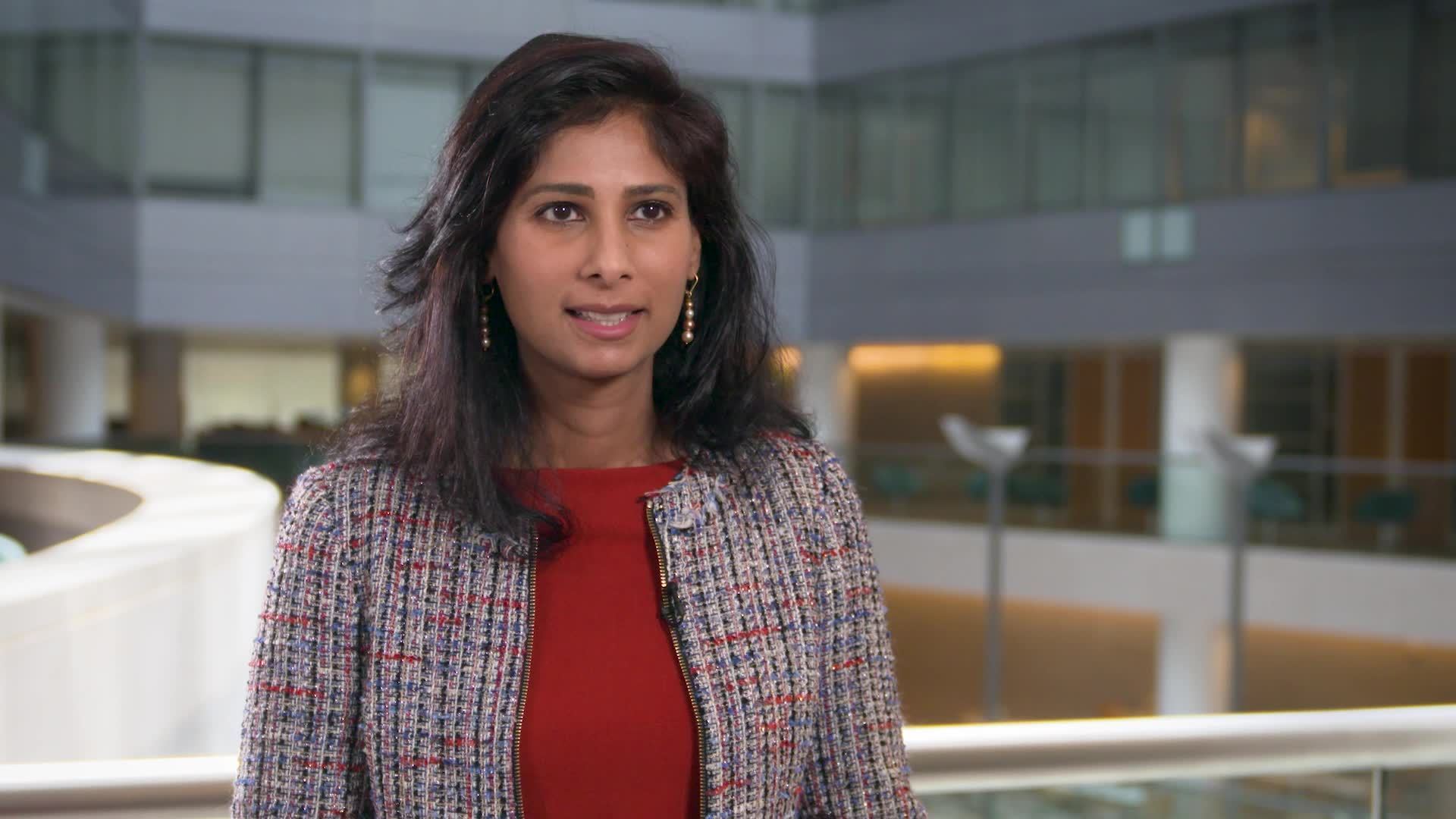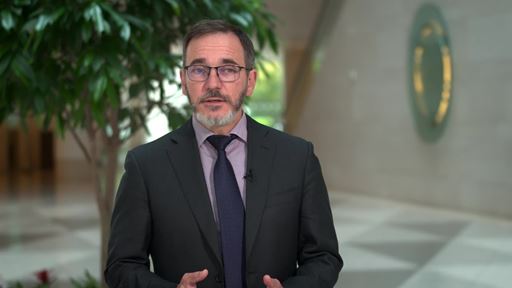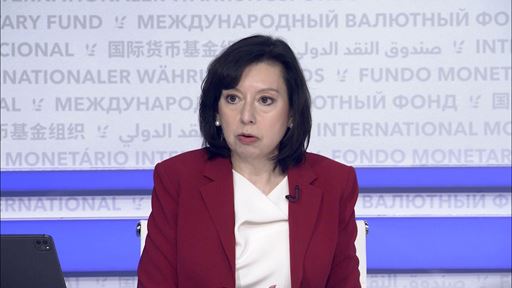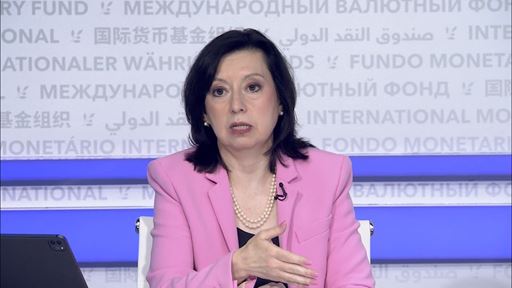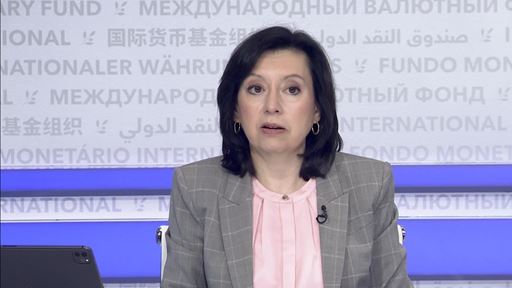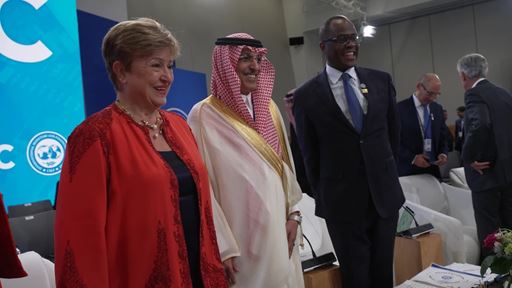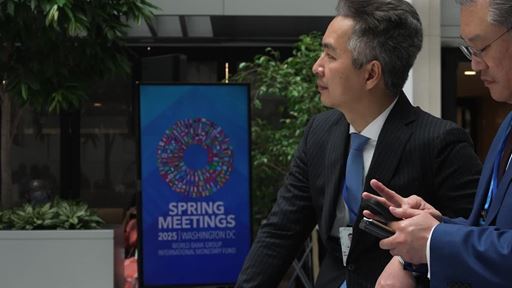The global economy is growing but widening gaps between advanced economies and many emerging market and developing economies are a concern the International Monetary Fund said in its latest update of the World Economic Outlook on Tuesday (July 27).
Global growth is forecast at 6 percent for 2021, unchanged from the previous forecast in April, but the composition of that has changed said the Fund’s Economic Councilor Gita Gopinath ahead of release.
“Global growth is projected to be 6 percent this year, which is unchanged from our April forecast. However, the composition has changed. We are upgrading growth for advanced economies, and that's almost entirely offset by a downgrade for emerging markets and developing economies. Next year, we have upgraded growth to 4.9 percent, and that's mainly driven by anticipated further fiscal support in the US,” said Gopinath, the IMF’s chief economist.
These revisions reflect differences in pandemic developments as the delta variant takes over. Close to 40 percent of the population in advanced economies has been fully vaccinated, compared with just 11 percent in emerging market economies. That number is even lower still in low-income developing countries.
Aftershocks from the pandemic upheaval of last year pose unique policy challenges. Pent-up demand and supply chain bottlenecks are putting upward pressure on prices. Nonetheless, in most advanced economies inflation is expected to subside to pre-pandemic ranges in 2022.
“One of the major fault lines remains the pandemic, if we see newer virus variants, which are far more transmissible, like the Delta variant that we're seeing right now. In a world where vaccine access remains highly inequitous, that will have a big hit to the economic recovery. Another major risk and fault line is with respect to financial conditions. If inflation in, for instance, the US were to be more persistent than we expected, that could lead to a faster tightening in monetary policy and that could then again disrupt financial market conditions. So, these are some of the major risks we are concerned about,” explained Gopinath.
The recovery is not assured until the pandemic is beaten back globally. Concerted, well-directed policy actions at the multilateral and national levels can make the difference between a future where all economies experience durable recoveries or one where divergences intensify, the poor get poorer, and social unrest and geopolitical tensions grow
“First and foremost, the world needs to be more fully vaccinated, this requires multilateral action to make sure that sufficient vaccine doses are made available to developing countries. Individual governments will need to tailor their policy support to the stage of the crisis. They will have to do this by nesting their fiscal policies, incredible medium-term fiscal frameworks. Now, in the case of monetary policy, central banks should look through what are transitory inflation movements. However, it's very important that they remain prepared and strongly communicate what they will do if it turns out that inflation goes up even more higher and is much more persistent than expected.” said Gopinath.
To read the full report, click here

